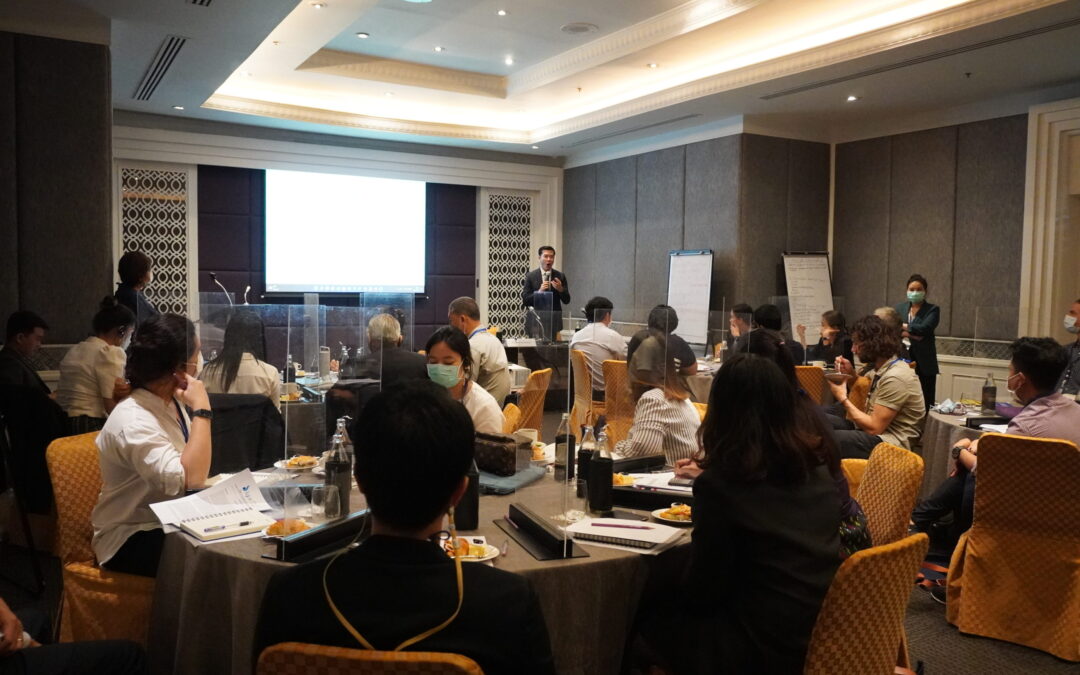
Oct 3, 2022 | Events, News
“States must take steps to strengthen access to justice for victims of extraterritorial corporate human rights harms in Cambodia, Lao PDR, Myanmar, Thailand, and Vietnam (‘CLMTV’)”, according to dozens of human rights lawyers from the Mekong Region at a Workshop hosted by the International Commission of Jurists (ICJ) and EarthRights International on 8 and 9 September 2022 in Bangkok.
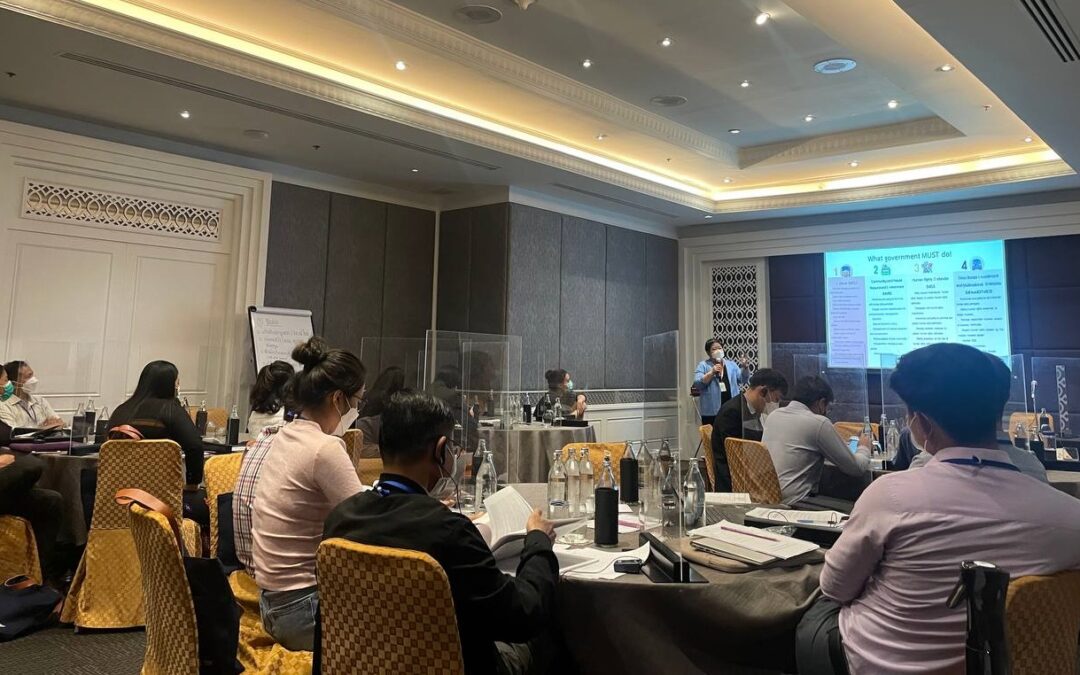
Sep 26, 2022 | News
Cases of alleged human rights abuses by Thai companies operating abroad are not being effectively investigated, according to participants at a consultative dialogue between human rights lawyers from Cambodia, Lao PDR, Myanmar, Thailand and Vietnam and representatives of the National Human Rights Commission of Thailand (NHRCT) and Thailand’s National Action Plan on Business and Human Rights (NAP) Implementation Monitoring Sub-Committee on 9 September 2022.
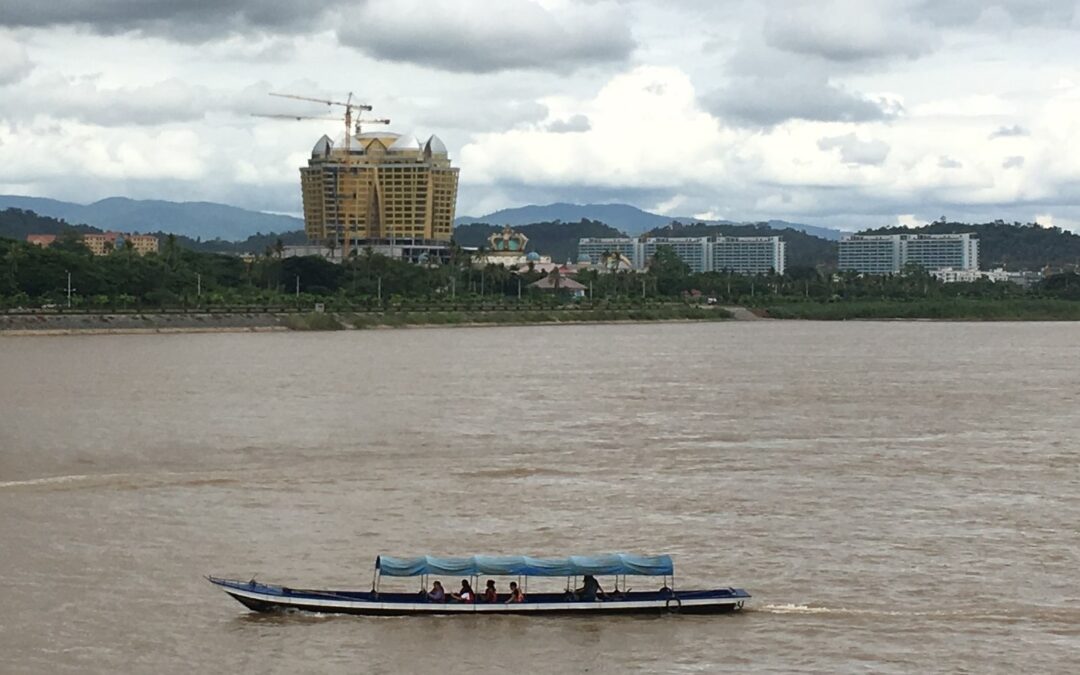
Aug 10, 2022 | News
The ICJ, together with Chulalongkorn University’s Center for Social Development Studies (CSDS), held a consultative meeting on 10 August 2022 with a wide range of stakeholders involved in helping the Mekong countries set up SEZs to discuss the adverse human rights consequences of the Special Economic Zones (SEZs) in the region at the Faculty of Political Science, Chulalongkorn University.
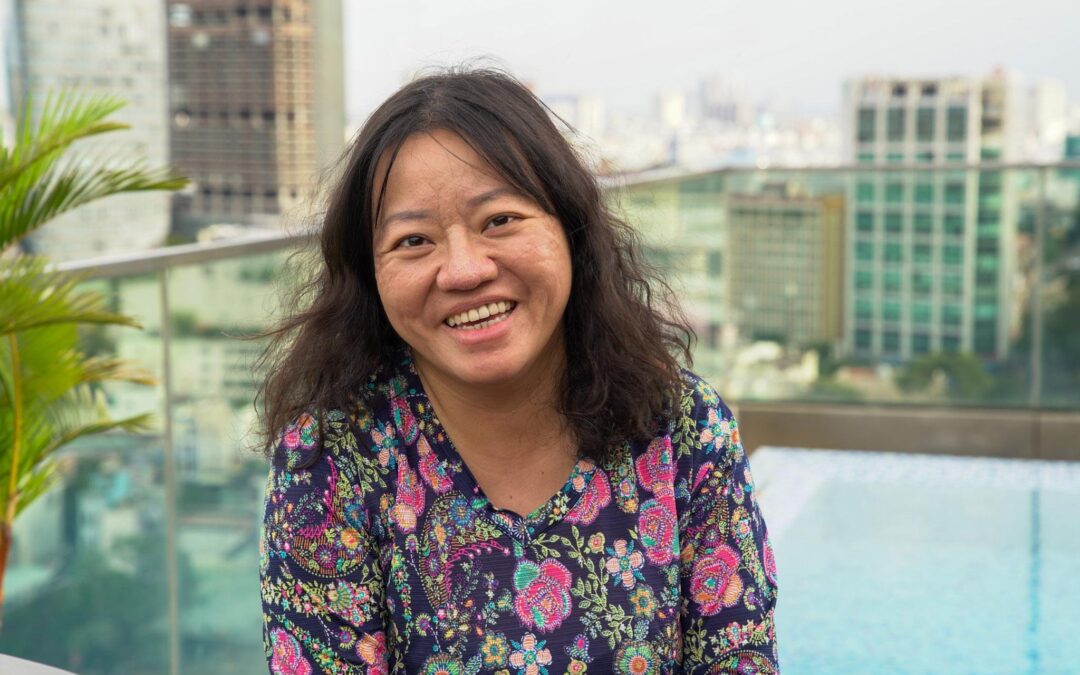
Oct 26, 2021 | News
Ahead of her upcoming trial on 4 November, 28 human rights and freedom of expression organizations today condemn the ongoing arbitrary detention of independent journalist and woman human rights defender Pham Doan Trang.
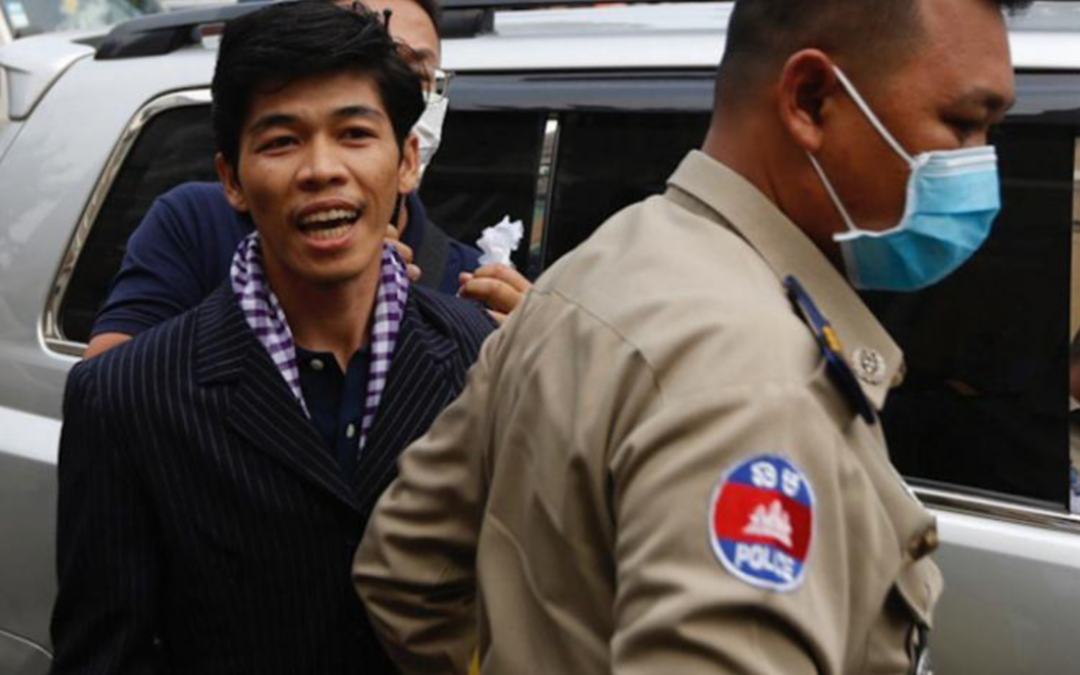
Apr 21, 2021 | News
Journalists and media workers face an increasingly repressive legal landscape amidst the COVID-19 pandemic in Cambodia, Thailand and Vietnam, as outlined by the ICJ in a submission to the Office of the United Nations High Commissioner for Human Rights (OHCHR).
“Laws in Cambodia, Thailand and Vietnam that do not comply with human rights law and standards have served to shrink the civic space in which the media operate,” said Sam Zarifi, ICJ’s Secretary General. “This stands to undermine the media’s crucial work in performing their investigative functions and their capacity to impart information to the public.”
The ICJ highlighted in particular how new laws have been enacted in response to the COVID-19 pandemic that aim at or can be used by State authorities to control information about the pandemic. These laws contain provisions incompatible with human rights law and standards as their vague language makes them prone to abuses. In addition, some prescribe excessive sanctions, including severe criminal penalties, which are incompatible with the principles of necessity and proportionality.
The ICJ also underscored how the authorities in the three States continued abusing existing non-human rights compliant laws to arbitrarily restrict information and expression during the pandemic, by targeting journalists and social media users.
Although the ICJ recognizes the necessity to combat the spread of false information online to protect public health during the uncertainty of a pandemic, this objective can and must be carried out using the least intrusive means, rather than unnecessary and disproportionate measures like arrests, detentions, criminal prosecutions and onerous fines.
The submission called for the OHCHR to continue engaging with the relevant authorities in these three countries to better safeguard in law and practice the safety and work of journalists and media workers, and the right to health and right to freedom of expression and information.
This submission is aimed at providing the OHCHR information for a report it is preparing for the UN Human Rights Council pursuant to its Resolution 45/18 on the safety of journalists.
Download
The full submission is available in English here. (PDF)
Contact
Osama Motiwala, ICJ Asia-Pacific Communications Officer, e: osama.motiwala(a)icj.org
See also
ICJ, ‘Southeast Asia: ICJ launches report on increasing restrictions on online speech’, 11 December 2019
ICJ, ‘New ICJ global report shows that the right to health must be central to State responses to COVID-19’, 1 September 2020
ICJ, ‘Vietnam: authorities must act to safeguard rights online and end harassment of those expressing themselves – ICJ new report’, 9 December 2020









